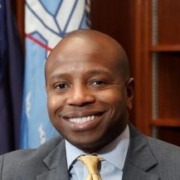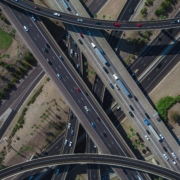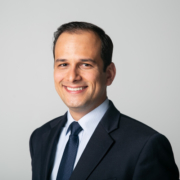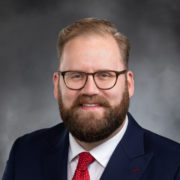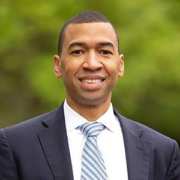Mayor Kate Gallego Secured $1.2 Million Grant to Enhance Transportation Options
Phoenix Mayor Kate Gallego has secured a $1.2 million grant from the Federal Transit Administration to enhance transportation options within the city. The Transit Oriented Development (TOD) grant will improve public transit access, connecting residents to essential destinations without heavy reliance on cars and advancing Gallego’s vision of Phoenix becoming a more transit-oriented and walkable city. During the Ideas Summit, the Mayor took part in a transportation breakout session to discuss how cities are exploring a variety of transit options like light rail, micro-transit, and, in Phoenix, Waymo’s autonomous vehicles, providing options that are helping reduce congestion, emissions, and pedestrian and vehicle crashes.



